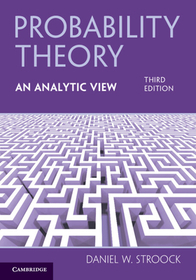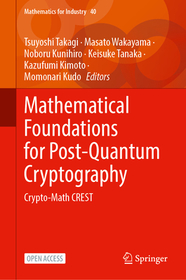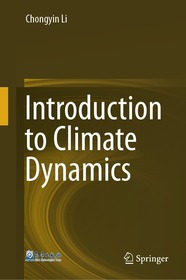
Analytic Number Theory And Algebraic Asymptotic Analysis
Series: Monographs In Number Theory; 13;
- Publisher's listprice GBP 165.00
-
78 828 Ft (75 075 Ft + 5% VAT)
The price is estimated because at the time of ordering we do not know what conversion rates will apply to HUF / product currency when the book arrives. In case HUF is weaker, the price increases slightly, in case HUF is stronger, the price goes lower slightly.
- Discount 8% (cc. 6 306 Ft off)
- Discounted price 72 522 Ft (69 069 Ft + 5% VAT)
Subcribe now and take benefit of a favourable price.
Subscribe
78 828 Ft

Availability
Not yet published.
Why don't you give exact delivery time?
Delivery time is estimated on our previous experiences. We give estimations only, because we order from outside Hungary, and the delivery time mainly depends on how quickly the publisher supplies the book. Faster or slower deliveries both happen, but we do our best to supply as quickly as possible.
Product details:
- Publisher World Scientific
- Date of Publication 28 October 2025
- ISBN 9789811280535
- Binding Hardback
- No. of pages804 pages
- Language English 700
Categories
Long description:
This monograph elucidates and extends many theorems and conjectures in analytic number theory and algebraic asymptotic analysis via the natural notions of degree and logexponential degree. The Riemann hypothesis, for example, is equivalent to the statement that the degree of the function π(x) - li(x) is ½, where π(x) is the prime counting function and li(x) is the logarithmic integral function. Part 1 of the text is a survey of analytic number theory, Part 2 introduces the notion of logexponential degree and uses it to extend results in algebraic asymptotic analysis, and Part 3 applies the results of Part 2 to the various functions that figure most prominently in analytic number theory.Central to the notion of logexponential degree are G H Hardy's logarithmico-exponential functions, which are real functions defined in a neighborhood of ∞ that can be built from id, exp, and log using the operations +, ·, /, and °. Such functions are natural benchmarks for the orders of growth of functions in analytic number theory. The main goal of Part 3 is to express the logexponential degree of various functions in analytic number theory in terms of as few 'logexponential primitives' as possible. The logexponential degree of the function eγπp≤x(1-⅟p) - ⅟log x, for example, can be expressed in terms of that of π(x) - li(x) and vice versa (where γ ≈ 0.5772 is the Euler-Mascheroni constant), despite the fact that very little is known about the logexponential degree of either function separately, even on condition of the Riemann hypothesis.
More






